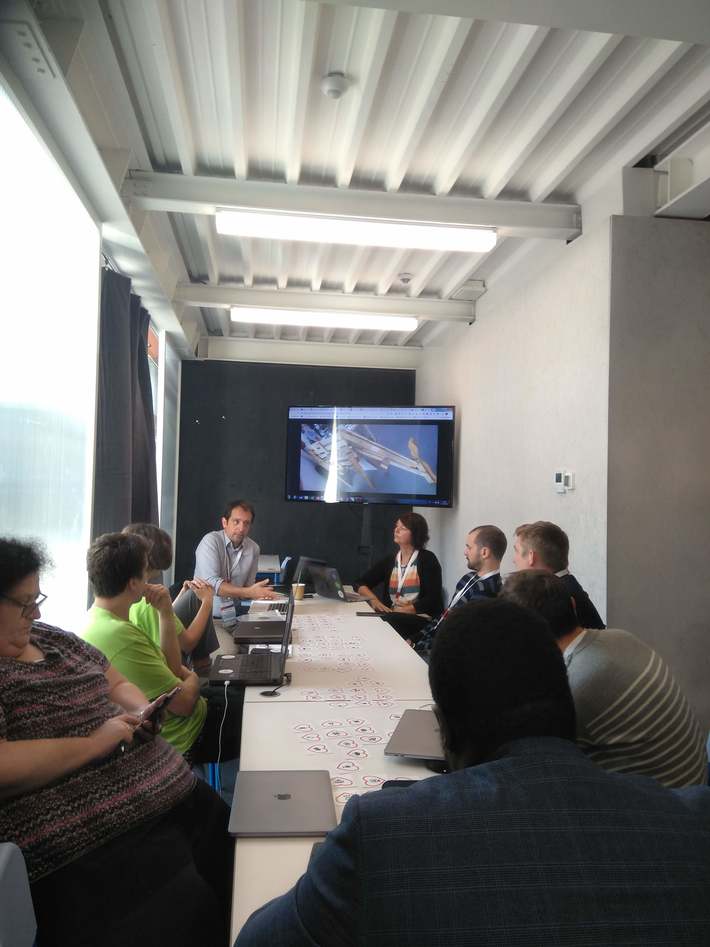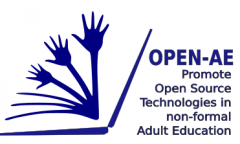
During the ALL DIGITAL Summit 2019, a few workshops were offered to participants, and one of them was “How to move digital skills training from proprietary technology to open technology”, facilitated by the Open-AE project partners Ynternet and COLECTIC.
The Open-AE project, “Open AE: Promote open source technologies in non-formal adult educa…” aims to train e-facilitators how to better integrate Free and Open Source technologies into their trainings for low skilled adults.
The workshop aimed to introduce the culture of free and open source software and understand the cultural discussion to facilitate it:
• FLOSS trends in Europe and the OPEN-AE curriculum
• FLOSS culture: Commons, Copyleft and free licenses
• Bridging the digital skills gap with FLOSS, challenges and way forward: collaboration, communication and FLOSS tools.
When working with free and open source technologies with new users, it is important to understand the experience and expectations of the user. Free and open source technologies often come with impressions from users, which may not match reality. Many users expect open source to be complex, that they may need IT skills equivalent of that of a programmer to use. It is important to understand these expectations and mitigate them. Free and open source technologies are more than just technology, platforms, software and hardware, there is a culture behind it which drives it, and there are more ways to take part in it than just software development.
The workshop used etherpad for collective notetaking. Etherpad manages how users can take notes, tracking who edited what, who wrote what, which makes tracking what is and needs to be written easier.
The first part of the discussion involved prompting participants to consider how free and open source technologies can be biased. Without any prompt to guide the discussion participants were invited to view a series of pictures and consider the statement that they provided. The purpose of this discussion was to consider the biases that exists in open software and free culture and invited the participants to consider the biases.
The second part of the discussion was a discussion on open education resources and how to apply them to benefit their community. The main message was that there are many ways to engage with open culture. It is important not to accept it with all the biases, but also consider how to change it and engage with the tools and open resources to benefit your community.
The workshop took place as part of the final event for the Digital Competences Development System (DCDS)project. The DCDS project developed framework that will provide the low-skilled adult European population with the basic digital and transversal competences needed for employment, personal development, social inclusion and active citizenship. The Open-AE project is mapped to DigCompEdu and can complete the DCDS project.
